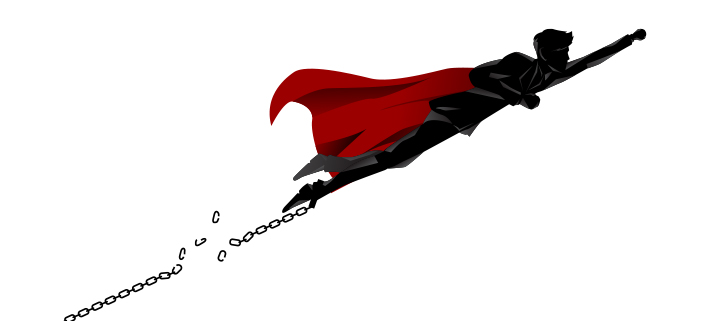Breaking Free from the Hero Complex: Empowering Leadership for Lasting Success
In the intricate tapestry of leadership, the hero complex can be a hidden adversary, subtly impacting team dynamics and overall effectiveness. This psychological phenomenon often manifests as a compelling urge among leaders to protect or intervene on behalf of team members who may appear less confident or self-deprecating.
However, this seemingly noble inclination can have unintended consequences, potentially unraveling the fabric of team unity. Leaders with a hero complex may develop a skewed perception of their team’s capabilities, tending to minimize, overlook, or be overly critical of the contributions of talented teammates. This behavior may arise from a fear of losing control, no longer being needed, or having their authority challenged.
The hero complex’s dual dynamic, where leaders lift up perceived underdogs while marginalizing high-performing individuals, can create a complex and toxic work environment. This environment may hinder the growth of team members, negatively impacting their motivation, engagement, and overall productivity.
Leadership’s primary role is to nurture employees so they can thrive in their roles. While some team members may require more support, others excel with increased autonomy. However, when leaders operate from a hero mindset, they introduce bias into their interactions with team members.
For those who could benefit from more guidance, leaders may perceive them as less capable, vulnerable, and in need of rescuing. This can lead to leaders excessively stepping in, offering unsolicited help, or taking control of situations they believe these individuals can’t handle alone. This behavior can foster unhealthy, codependent relationships, hindering employees’ personal and professional growth.
Conversely, high-performing individuals may feel undervalued, unrecognized, or unfairly criticized due to leaders’ skewed perspectives. This can decrease their motivation, engagement, and productivity, ultimately compromising the team’s success.
To address the hero complex, leaders must develop greater emotional intelligence, acknowledging their biases and fostering an environment where everyone feels empowered to contribute confidently. Leaders should create opportunities for all team members to grow and shine, recognizing and celebrating their contributions.
Leadership training should encompass self-reflection, understanding healthy team dynamics, and challenging biases. Establishing clear roles and responsibilities encourages collaboration, develops trust, promotes shared leadership, teaches effective delegation, and enhances self-awareness.
True strength and success lie in the collective resilience and empowerment of a team. Leaders must embark on a transformative journey, replacing the compulsion to rescue with the wisdom to empower and collaborate. Embracing vulnerability, acknowledging others’ unique strengths, and fostering an inclusive environment will create spaces where innovation and growth flourish. By evolving beyond the hero complex, leaders become genuine catalysts of sustainable success and unity, weaving a tapestry of achievements marked by the rich, intertwined colors of collective effort and team triumphs.




